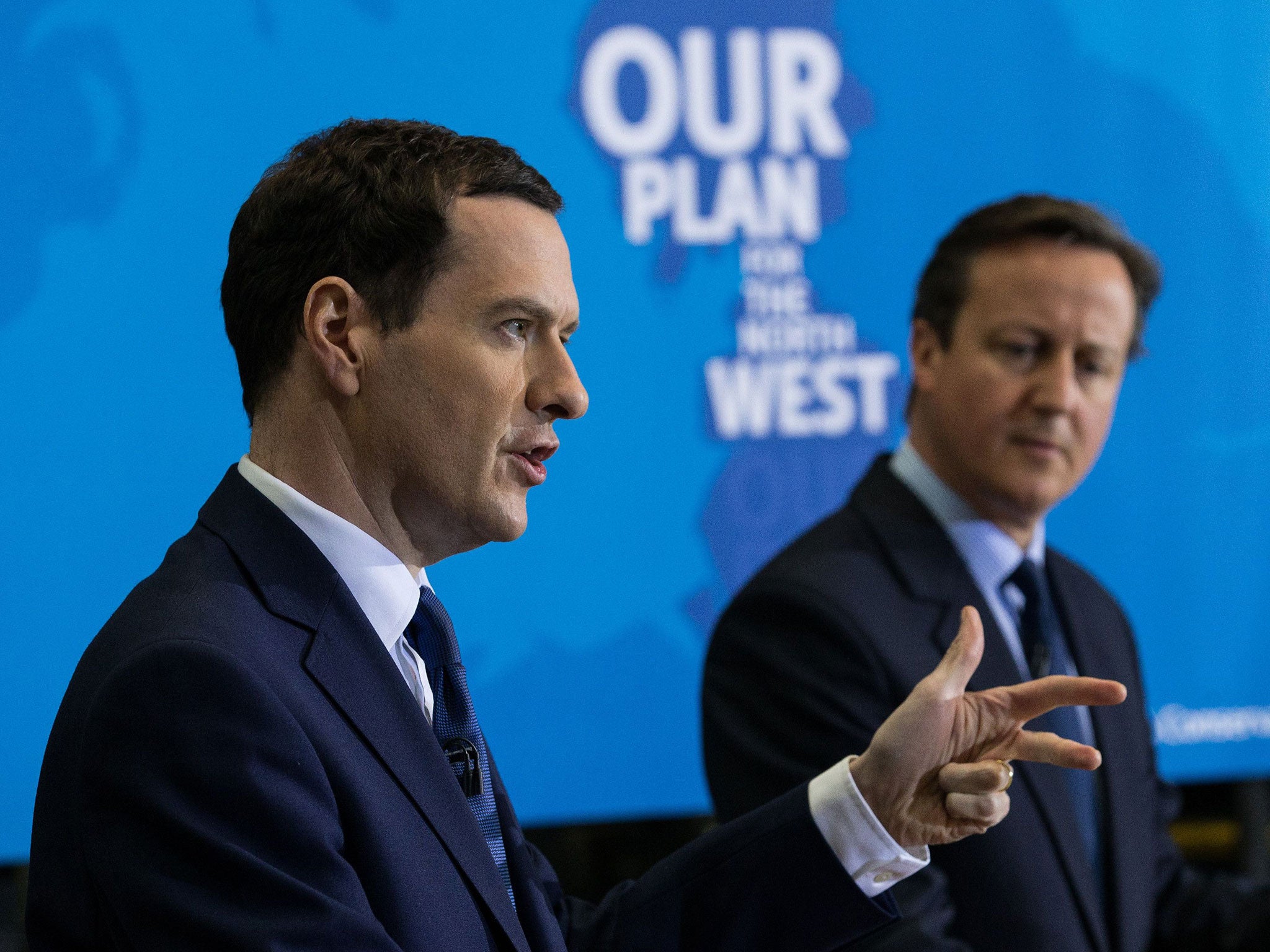This is the end of the West – but the Western establishment only has itself to blame
There are good reasons for cynicism and disillusion, and they are all home-grown


“Some of the most fundamental pillars of the West and of the liberal international order are weakening,” warned Wolfgang Ischinger, chair of the Munich Security Conference, an annual event that is taking place this week. Participating in the discussions are some 350 decision-makers involved in security policy. Among their number are heads of governments and international organisations, ministers, members of parliaments and high-ranking military personnel. It’s the Western establishment.
You can imagine what a hand-wringing event this must be. In his opening remarks, the chair listed the familiar threats to the liberal order. Among them were the following: “Citizens of democracies believe less and less that their systems are able to deliver positive outcomes for them and increasingly favour national solutions and closed borders over globalism and openness.” Ischinger also warned that “liberal democracies have proven to be vulnerable to disinformation campaigns in ‘post-truth’ international politics.”
Now the first question to ask when faced with a crisis in one’s personal life, or in national life, is to what extent have I or we been responsible for it? Only then should one allow oneself to point the finger at others or to blame events beyond one’s control.

Indeed, given the manifest failings of the establishments of numerous countries in the liberal West, I believe the first item on the agenda in Munich should have borrowed from the old Latin mass: “Mea culpa, mea culpa, mea maxima culpa” or “through my fault, through my fault, through my most grievous fault”.
After all, the main reason why citizens of the democracies are not receiving the positive outcomes they deserve is the terrible calamity of the banking crisis of 2007-09 and the years of austerity that have followed. This crisis developed spontaneously. The culprit was over-trading by the banks that led to simultaneous bubbles in housing, in consumer credit and in the financial industry itself. These all finally collapsed under their own weight in the second half of 2007.
This was a private sector disaster. If governments contributed to this collapse at all, it was by weakening the regulation of financial markets in the preceding years. Since then the big banks have become a byword for corrupt practices.
There are good reasons for cynicism and disillusion, and they are home-grown.
Ischinger’s second warning, that liberal democracies have proven to be vulnerable to disinformation campaigns in “post-truth” international politics, is surely explained by the poor behaviour of the political classes in Britain, the US, France and elsewhere. What happened, for instance, during the British referendum campaign was shocking. It was when the decline in the integrity of British politics reached a low point. Many people felt disgusted, a rare response to a political event.
To remind ourselves, the then-Prime Minister David Cameron and his colleagues in the Remain camp first attempted to fix the result in advance by using a form of words for the referendum question that would invite a “yes” response. The Electoral Commission had to intervene to provide a fair formulation of the choice.
Then, with just eight days to go before the vote, George Osborne, the then-Chancellor of the Exchequer, had another go: he attempted to frighten people by announcing a “punishment” Budget. Meanwhile both sides were repeatedly careless with the truth; in some cases they actively tried to mislead.
Then look across the Atlantic to the state of American politics before Donald Trump appeared on the scene. The famous gridlock in Washington was partly the result of the Republican Party believing that, if it could not take power, then it would do all it could to prevent its adversaries from governing successfully.
Finally go to France, where it sometimes seems as if all its leading politicians have had brushes with the law – François Fillon right now, Nicholas Sarkozy and Alain Juppé in the recent past, and before that President Chirac himself, who, after he retired, was convicted of diverting public funds, abuse of trust and illegal conflict of interest. He was given a suspended sentence so that he did not have to go to prison.
“Mea culpa, mea culpa, mea maxima culpa.”
Join our commenting forum
Join thought-provoking conversations, follow other Independent readers and see their replies
Comments
Bookmark popover
Removed from bookmarks